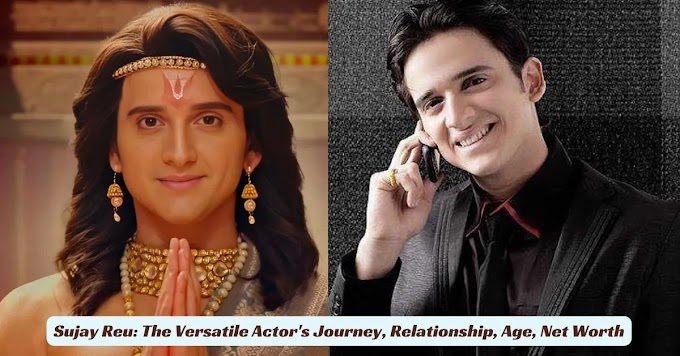Decoding Nikita Kologrivy's Controversial Critiques: Unraveling the Motives Behind the Outspoken Actor
Nikita Kologrivyy, the famed actor who rose to prominence with the release of the series "The Boy's Word: Blood on the Asphalt," has been making headlines for more than just his on-screen performances. His inclination towards openly criticizing his colleagues has sparked curiosity and raised questions about the driving forces behind his behavior. Is it mere star fever, or is there a deeper psychological underpinning to his outspokenness? In an exclusive dialogue with the publication "Passion," psychologist Inna Mirnaya sheds light on the intricacies of Kologrivyy's psyche.
Nikita's Psyche
Inna Mirnaya delves into the personality development theory of Austrian psychologist Alfred Adler to decipher Nikita's behavior. Adler's theory suggests that individuals grappling with physical weaknesses or appearance defects may resort to compensatory mechanisms. Nikita, with distinctive features such as a gap between his teeth, a squint, and protruding ears, seems to have embarked on a journey of overcompensation from an early age.
Mirnaya asserts that Nikita's quest to not only overcome his physical peculiarities but also surpass his peers can be traced back to his childhood. Despite initially venturing into boxing at his father's behest, where notable victories eluded him, he eventually found his path in acting. Mirnaya observes that Nikita, despite choosing a creative profession, has retained the fervor to "conquer everyone."
In his own words, Nikita Kologrivyy shares, "With me, if you get into the cinema, you will either lose to me, or you will be the same, or better. You will have no other options. I understand this, it really worries me," revealing the deeply ingrained competitive nature that has shaped his journey.
The Dark Side of Overcompensation
However, overcompensation comes with its darker facets. Mirnaya points out that individuals, driven by an intense aversion to acknowledging their shortcomings, may resort to compensating at the expense of others. In Nikita's case, this takes the form of a perceived superiority over the so-called "model handsome guys" in the industry.
"He believes it's easy for them to play their heroes, but he excels in portraying complex characters. This mindset elevates his own importance while simultaneously devaluing the achievements of his colleagues," explains Mirnaya, shedding light on the intricate dynamics at play in Kologrivyy's psyche.
Nikita himself articulates this perspective during a podcast recording, stating, "If an actor has a model appearance, it's easy for him to work: they take him off and lead him to the set by the hands. You kiss and love the girls in the frame. What's difficult? It's hard to play a schmuck, a sucker. It's difficult to play someone who is beaten and bullied. And it's very easy to play a handsome hero!"
A Journey towards Self-Acceptance
Mirnaya concludes by emphasizing the need for individuals like Nikita to confront their complexes, transcending the negative aspects of overcompensation. By acknowledging and accepting their vulnerabilities, individuals can channel their energy into constructive avenues, fostering a healthier and more supportive creative environment.
In unraveling the enigma of Nikita Kologrivyy's critiques, it becomes evident that his outspoken nature is a result of a complex interplay of psychological factors. Understanding these dynamics provides insights not only into Kologrivyy's mindset but also into the broader realm of artists navigating the delicate balance between self-improvement and appreciation for their colleagues' achievements.










